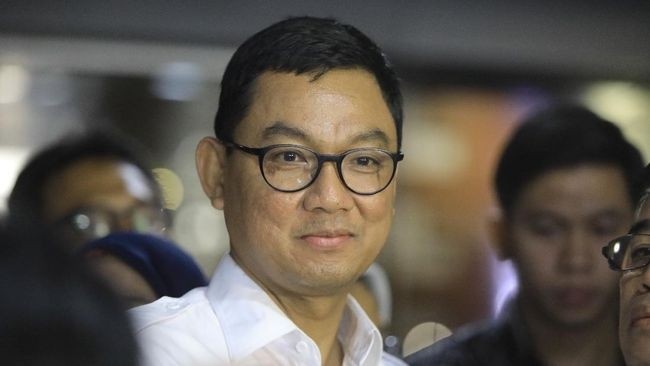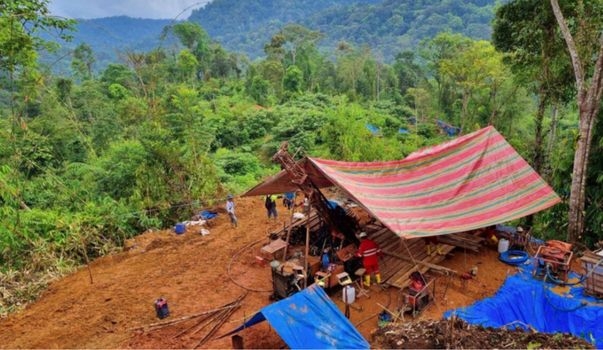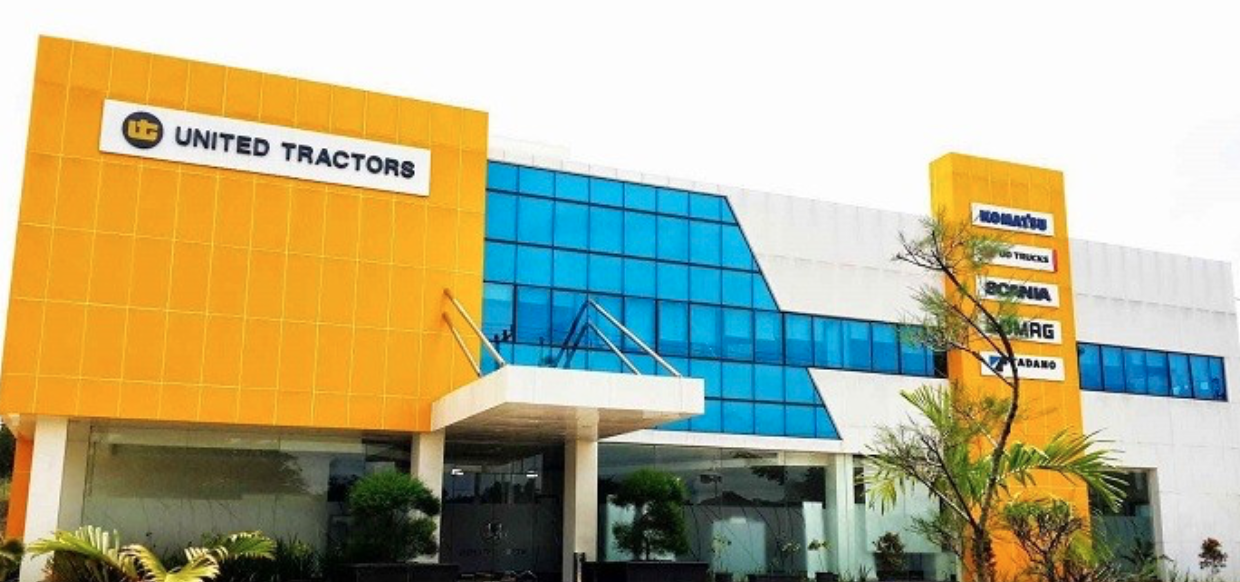PLN: Coal Supply Declining
Wed 10 Aug 2022, 12:23 PM
Share

President Director of the State Electricity Company (Persero) ( PLN ) Darmawan Prasodjo has been outspoken about the increasingly tight supply of coal entering the second semester of 2022. He said the low supply of black gold for the company's steam power plant (PLTU) was due to the low effectiveness of the assignments given by coal companies through the domestic price obligation (DMO).
Darmawan said the Ministry of Energy and Mineral Resources (ESDM) had assigned an additional allocation of 31.8 million metric tons (MT) of coal from January to July 2022. The additional assignment was given in line with the trend of increasing electricity demand following the recovery from the pandemic. "However, from the assignment, the effectiveness is around 45 percent, namely 14.3 million MT that has been contracted from the addition," said Darmawan in a joint hearing with Commission VII DPR RI, Tuesday (9/8).
Although it is still safe, he said, if this condition continues, it is possible that the coal crisis could haunt PLN again. "We see a downward trend. This means that if this condition is allowed to drag on, then conditions that were previously safe can shift into a crisis again," said Darmawan. Furthermore, he said the need for coal is increasing along with the addition of electricity demand. Darmawan estimates that the coal assignment process will increase from 130 million MT to 135 million tons next year.
Then, he also estimates that the demand will increase again to 155 million to 160 million MT in 2030. Meanwhile, PLN recorded an increase in electricity demand reaching 5.3 Terawatt hour (TWh) in the middle of this year. Therefore, the stun company requires additional coal supply reaching 7.7 million tons from the initial work plan that has been set this year.
"In that process, we renegotiated with independent power producers (IPP) from what we had to deal with oversupply , we managed to loosen it so that we managed to reduce electricity production with the IPP as well as reduce our take or pay ," said Darmawan. On the same occasion, Minister of Energy and Mineral Resources Arifin Tasrif said that more entrepreneurs export than fulfill the DMO because of the high price disparity.
Meanwhile, the DMO price is only US$70 per ton for the electricity sector. Meanwhile, the DMO price for the non-electricity sector is US$90 per ton. In addition, Arifin said that the sanctions in the form of payment of compensation funds with small tariffs also made entrepreneurs prefer exports. According to him, the benefits from exports are greater than the costs of sanctions. "Therefore, there is a tendency to avoid contracts with domestic industries," said Arifin.
Source: https://www.cnnindonesia.com/ekonomi/20220809173647-85-832413/bos-pln-curhat-soal-pasokan-batu-bara-kian-seret







